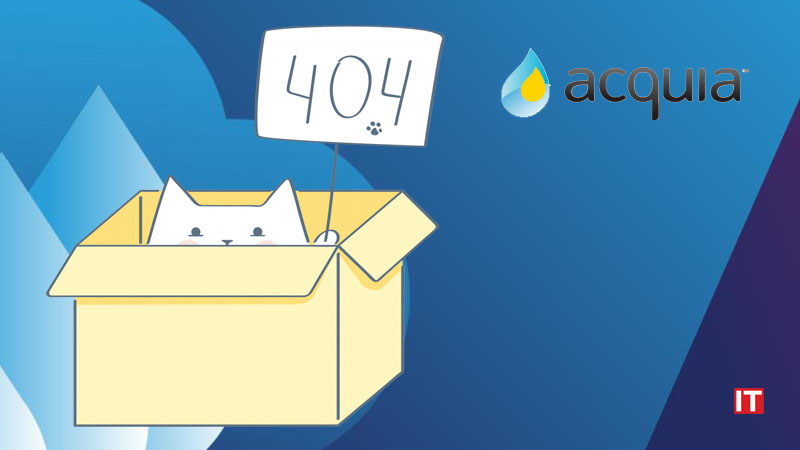D-Wave’s hybrid-quantum application achieved a reduction in projected scheduling time from 10 hours using an industrial-grade classical solver to
D‑Wave Quantum Inc. (“D-Wave”), a leader in quantum computing systems, software and services, and BASF, a global chemical company, today announced the successful completion of a joint proof-of-concept project in which a hybrid-quantum application was deployed to optimize the manufacturing workflows of a BASF liquid-filling facility.
The hybrid-quantum solution established a new benchmark for manufacturing efficiency, reducing production scheduling time from approximately 10 hours using an industrial-grade classical solver to a mere five seconds.
The BASF facility in question is responsible for processing, filling and sealing large volumes of bottles of liquid across multiple products each month. Operations in the facility are highly complex, requiring precise coordination from the arrival of liquid material tanks to final product shipment. Even slight delays can disrupt filling schedules, increase operational costs and hinder timely delivery.
Traditional, classical-only optimization technologies often struggle to keep pace with the rapid decision-making required in large-scale production environments, especially when facing operational breakdowns.
Also Read : IQM collaborates with NVIDIA on NVQLink to enable scalable quantum error correction
To address these challenges, BASF partnered with D-Wave to develop a hybrid-quantum application. The solution was engineered to minimize total setup time for switching between product lines, cut unloading time for each tank and reduce overall tardiness of output relative to scheduled due dates.
In a real-world production scenario, the application dynamically optimized task scheduling and liquid-tank assignments while meeting business and quality constraints. The hybrid-quantum application outperformed the existing classical optimization solution across key operational metrics: it achieved a 14 % reduction in lateness, a 9 % reduction in setup times and up to an 18 % drop in tank-unloading durations.
“This project showcases how hybrid-quantum computing can help address manufacturing and supply-chain operational bottlenecks and begin delivering measurable value where classical computing falls short,” said Dr. Alan Baratz, CEO of D-Wave.
“D-Wave’s hybrid quantum technology demonstrated in this proof-of-concept that it has the potential to significantly improve optimization tasks, delivering faster decisions and better outcomes than classical-only solutions,” added Ionel Rusu, Quantum Computing Innovation Management at BASF.
“We anticipated such results when we started working with D-Wave, but the project outcome has surpassed our expectations,” commented Abhishek Awasthi, Quantum Computing Scientist at BASF.
For D-Wave, this proof-of-concept marks a significant milestone on the pathway to deploying hybrid-quantum applications in production settings within manufacturing and supply-chain industries. The results illustrate how hybrid-quantum technologies can be integrated into production systems to solve complex operational challenges such as optimization, scheduling and resource allocation.

































